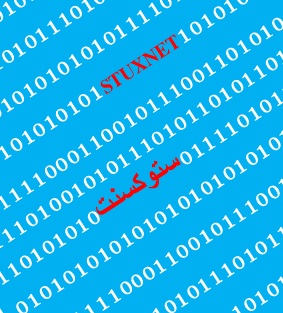Stuxnet Cyberweapon Operation Comes to Halt

Article written by guest writer Rin Mitchell
What’s the Latest Development?
According to reports, the computer virus Stuxnet stopped operating just after midnight on Sunday. The most powerful computer virus aimed towards Iran’s nuclear program has infected 130,000 computers worldwide, about two-thirds were in Iran. The virus that is rumored to have been created by the U.S. with Israeli support “is likely to be an invisible non-event as far as the wider world is concerned.” However, just because it will be the end of Stuxnet does not mean other viruses will not take its place—especially after failed talks in Moscow. Cyber experts are concerned that other similar viruses will be launched for attack by other nation states or computer hackers.
What’s the Big Idea?
Reportedly, Stuxnet was set up to seek and destroy a group of 1,000 nuclear centrifuges in Iran that are believed to be used to make bomb grade uranium fuel. Cyber security experts, “some of whom have called Stuxnet the digital equivalent of the first nuclear attack on Hiroshima,” warn that the code ingrained in Stuxnet provides a “template and conceptual model for a far more destructive ‘son of Stuxnet’ cyber weapon that could be deployed by other nation states or hacktivists for cyber attacks against power grids and other civilian infrastructure.”




